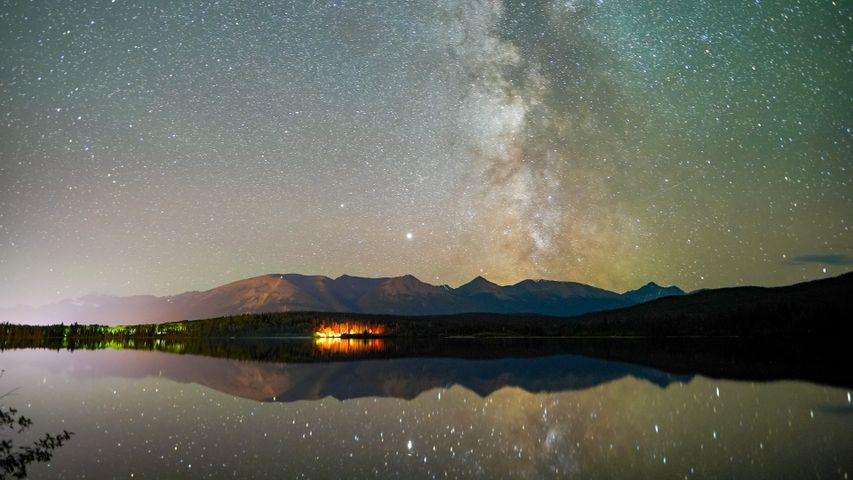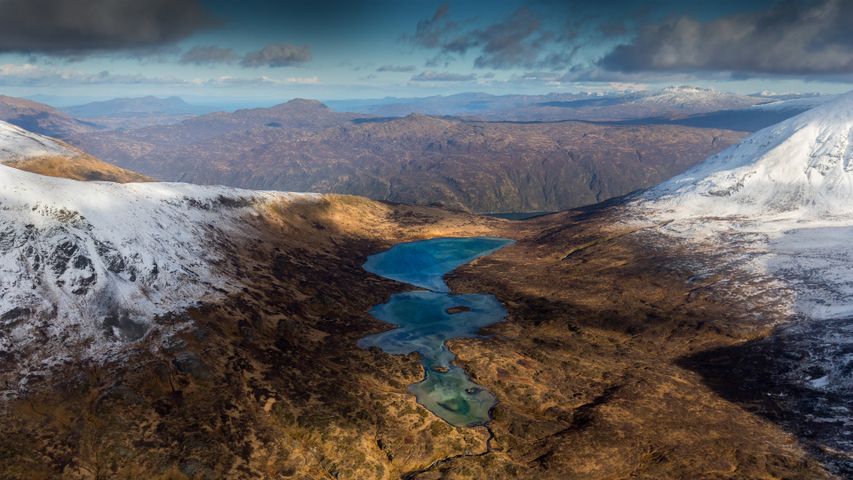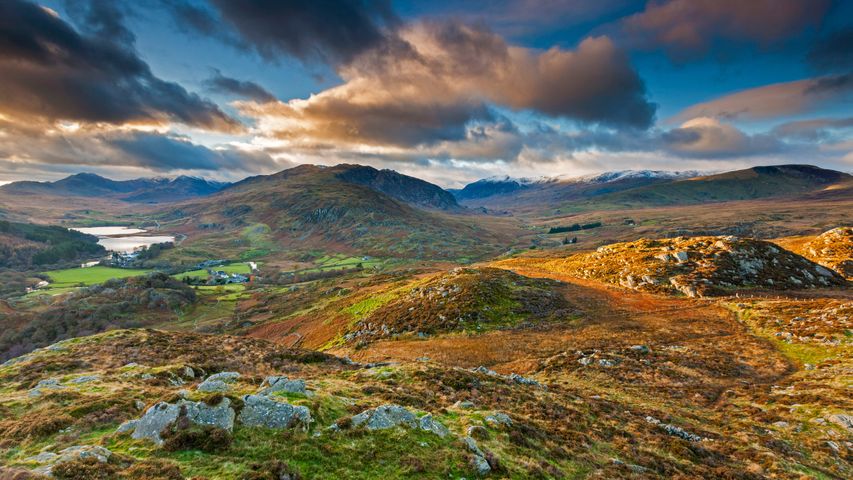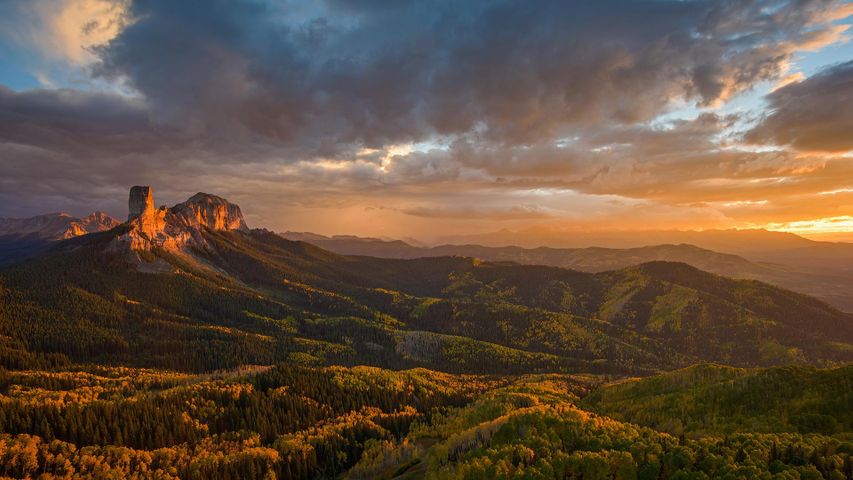Waterfall on the Rio Arazas in Ordesa y Monte Perdido National Park, Pyrenees, Spain
© David Santiago Garcia/Cavan Image
Gateway to Iberia. Rio Arazas, Pyrenees, Spain
Striking in any season, but particularly beautiful in years when the warmth of summer stretches into fall, the Pyrenees have served as a natural border between the Iberian peninsula and the rest of Europe since the earliest civilizations took root there. Located in the centre of the range, the Ordesa y Monte Perdido National Park was created in 1918 and expanded in 1982. Today it is a UNESCO World Heritage Site.
Boasting sheer cliffs and deep, verdant valleys, the park is a photographer’s dream, with a landscape marked by remarkable geological landforms and diverse ecologies shaped by the drastic elevation changes of the Pyrenees. The region is home to several species that can only be found here, including the Pyrenean chamois and the Pyrenean desman, or water mole. The mammal considered the most rare and important in the region, the bucardo or Pyrenean ibex, went extinct in January 2000 despite preservation efforts.
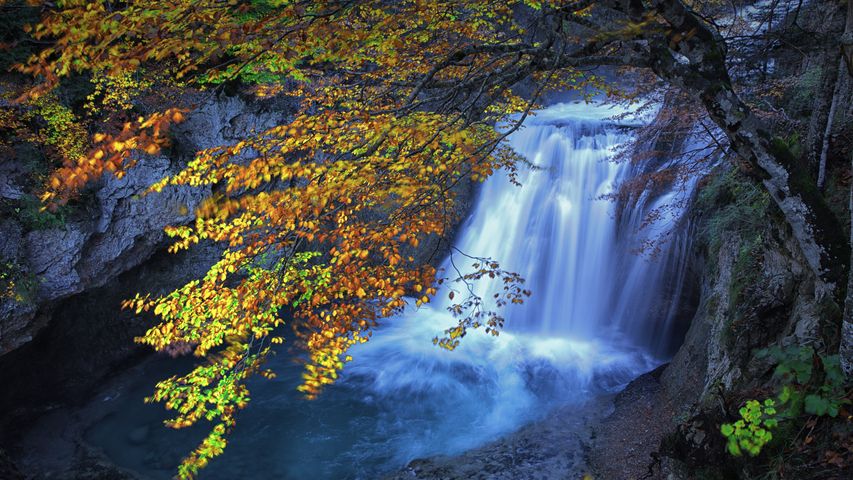
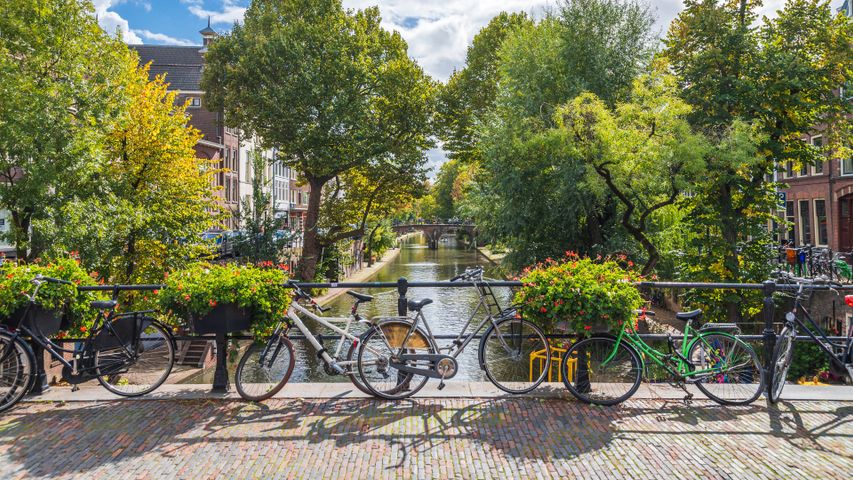 Bicycles on a bridge in Utrecht, Netherlands
Bicycles on a bridge in Utrecht, Netherlands
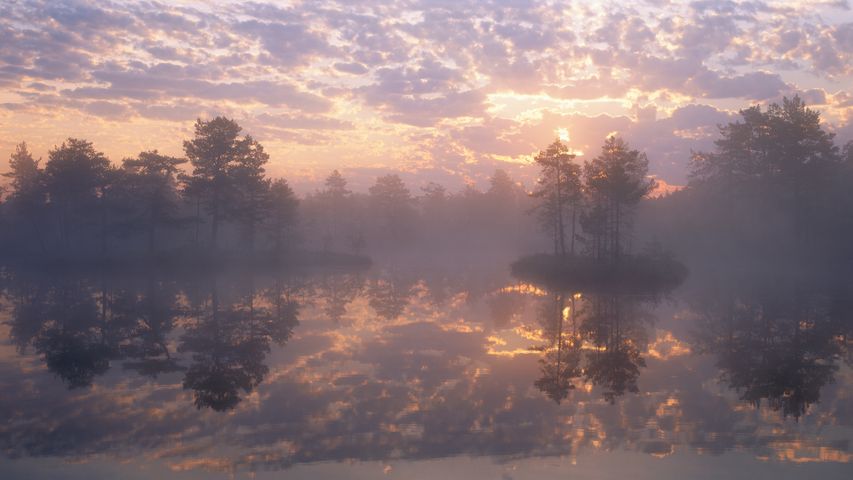 Knuthöjdsmossen nature reserve, Sweden
Knuthöjdsmossen nature reserve, Sweden
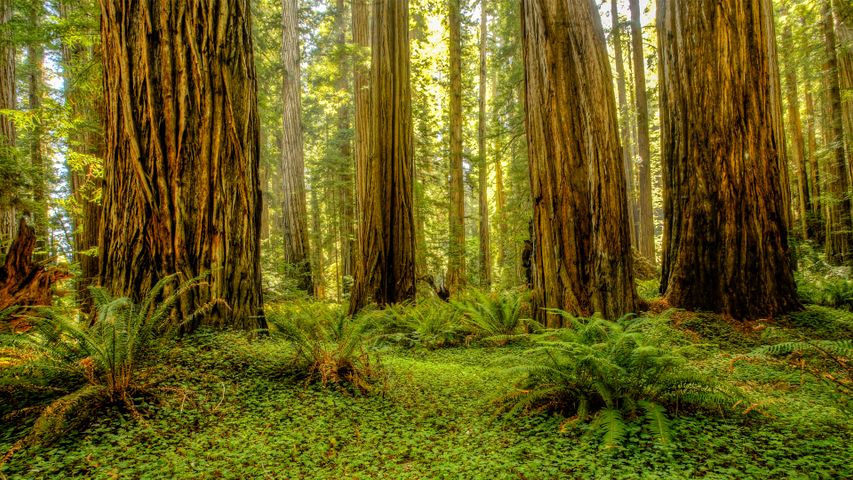 Grove of redwoods in Redwood National and State Parks, California, United States
Grove of redwoods in Redwood National and State Parks, California, United States
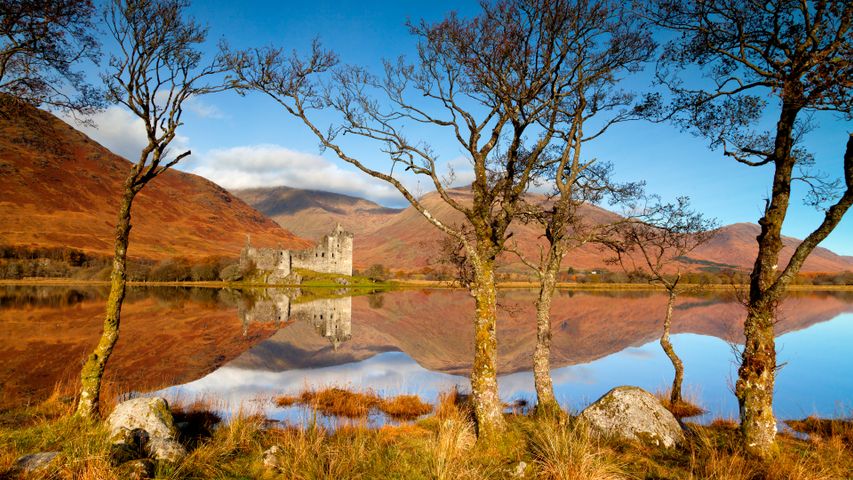 Kilchurn Castle reflecting in Loch Awe, Argyll and Bute, Scotland
Kilchurn Castle reflecting in Loch Awe, Argyll and Bute, Scotland
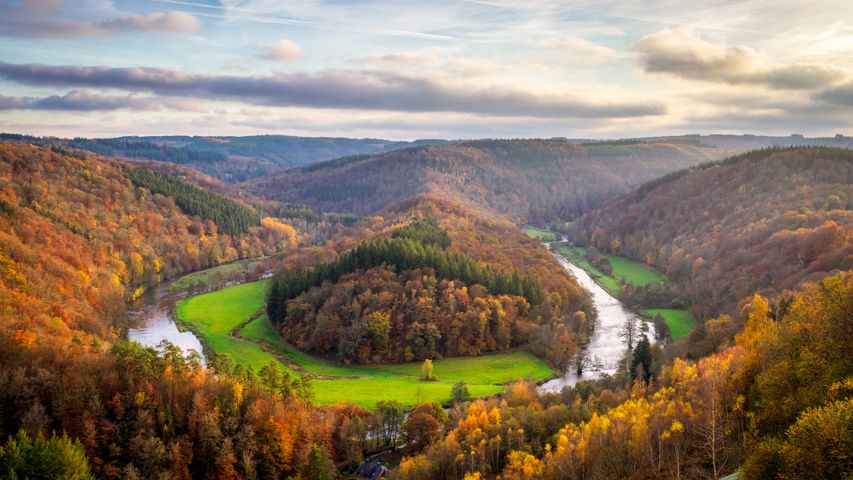 Giant's Tomb in autumn, Bouillon, Belgium
Giant's Tomb in autumn, Bouillon, Belgium
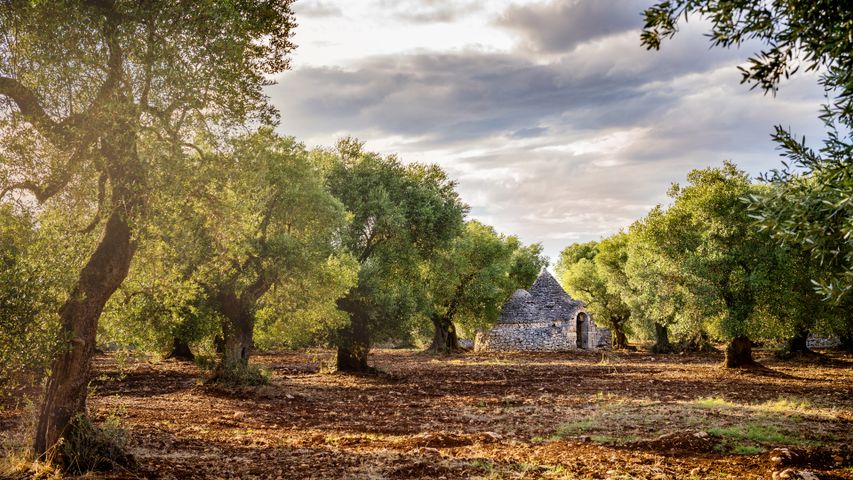 Olive grove, Valle d'Itria, Puglia, Italy
Olive grove, Valle d'Itria, Puglia, Italy
 Aspen trees in autumn, Stewart-Cassiar Highway, British Columbia, Canada
Aspen trees in autumn, Stewart-Cassiar Highway, British Columbia, Canada
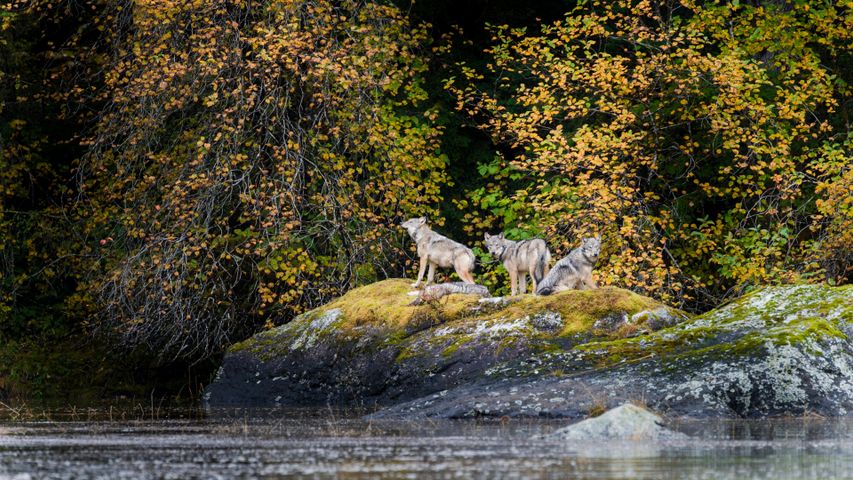 Vancouver Coastal Sea wolves in Great Bear Rainforest, British Columbia, Canada
Vancouver Coastal Sea wolves in Great Bear Rainforest, British Columbia, Canada
